Fast Food Strike Tactics Are Debated
In These Times
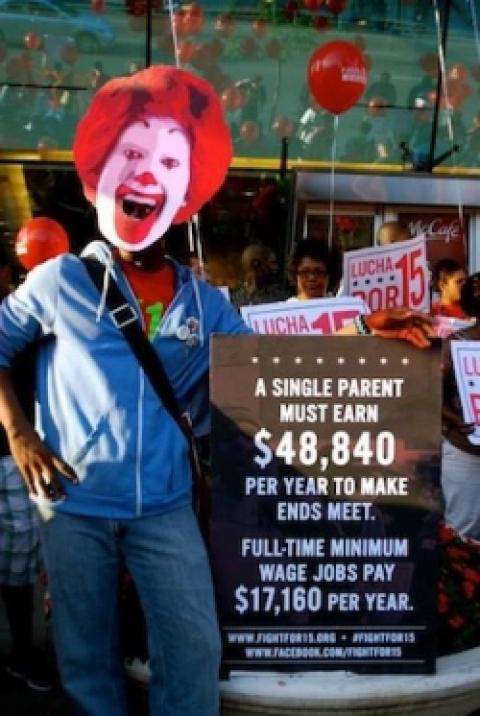
Since the first such strike in New York City last year, the expansion of low-wage jobs and the accompanying decline of well-paying union jobs have become a big topic in the media and on the street. The strikes have legitimated walking off the job as a tactic for workers, even those without a union. In addition, some fast food and retail workers have won tangible gains as a result of their strikes.


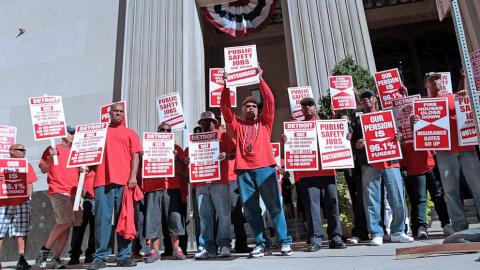
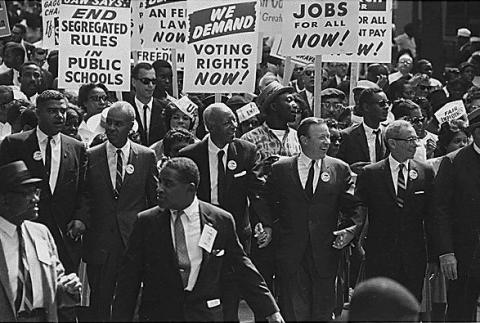
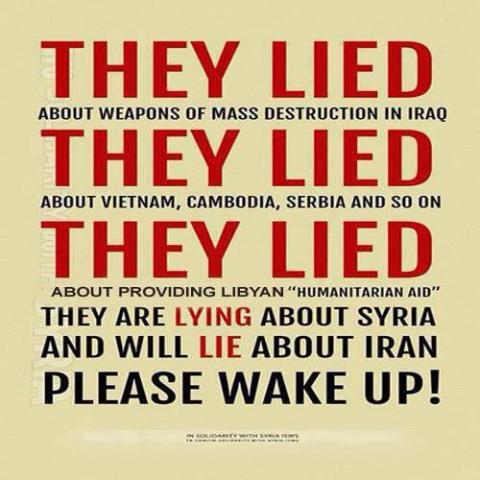
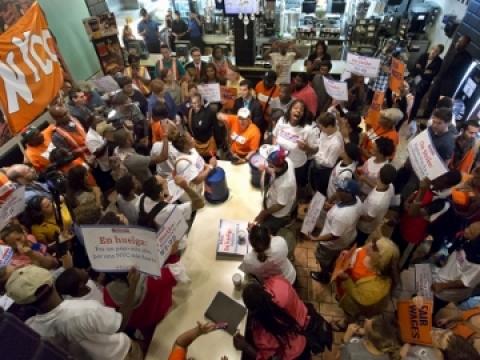
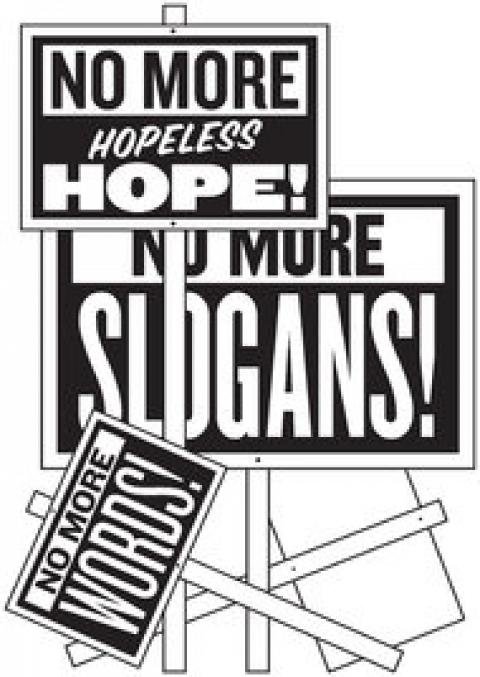
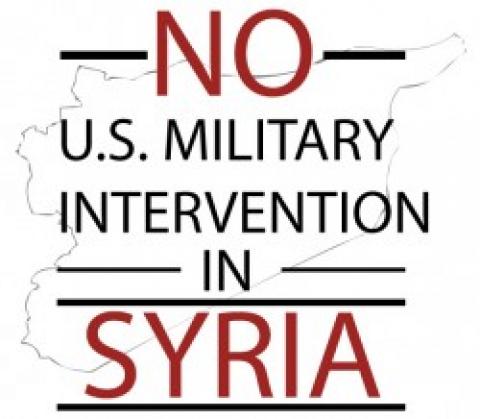

Spread the word